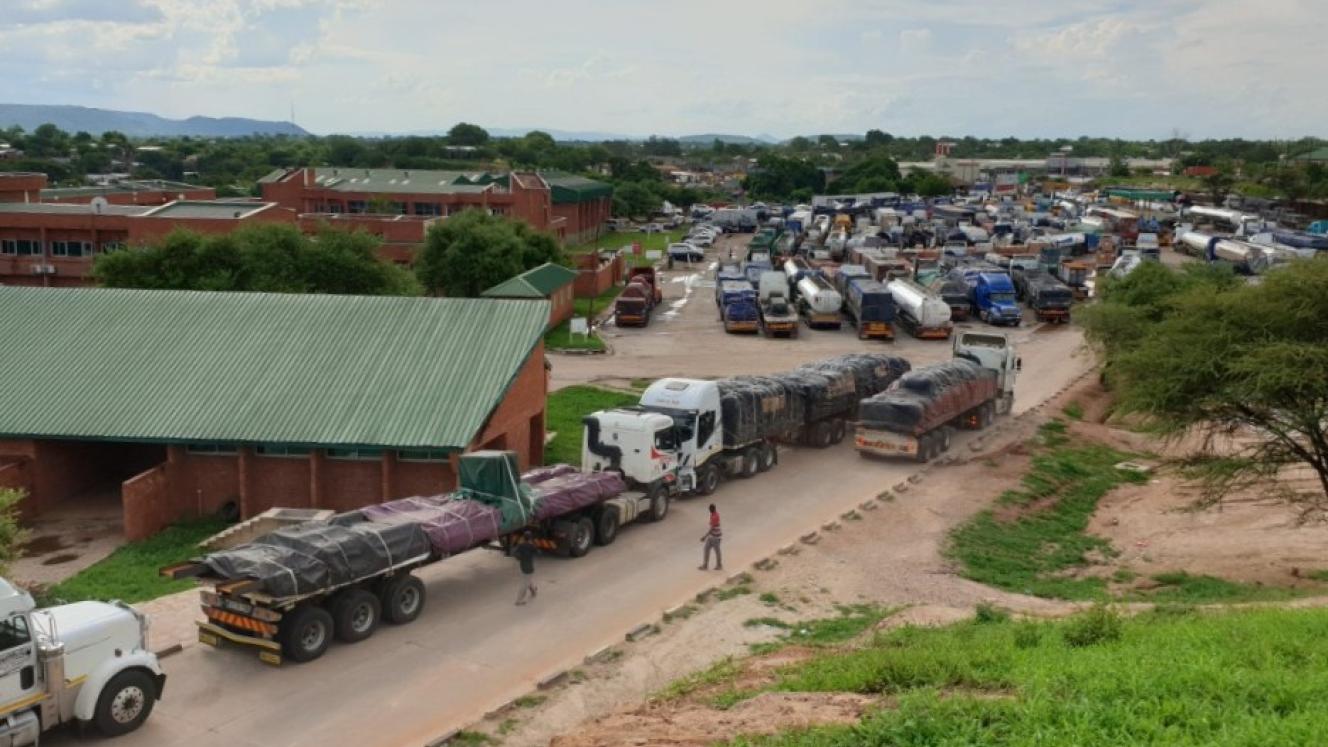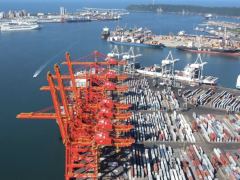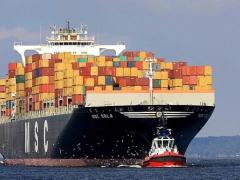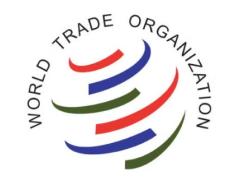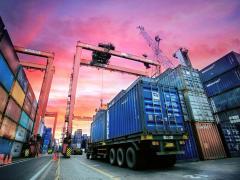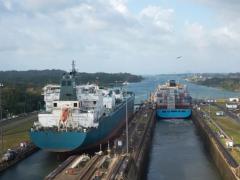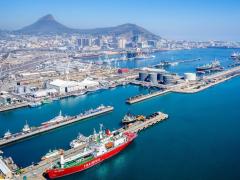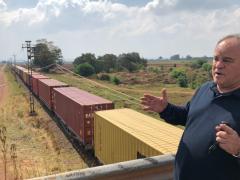Those alarmed by the confluence of supply chain-crushing global events — a lingering pandemic and what’s turning into an all-out economic war with Russia — would do well to remember that the Great Fire of London occurred during an outbreak of plague.
People don’t get a break on other disasters just because they’re in the middle of a crisis, and that includes those managing international supply chains.
“If there’s any supply chain expert out there who says they know what’s going on, they’re lying,” says Rich Kilgore, an associate professor of management and business administration at Maryville University in St Louis.
“This hasn’t happened before.”
Kilgore says the just-in-time philosophy that gained so much traction over the last 25 years made a single supplier the preferred solution for most companies.
“Then Covid changed everybody’s opinion, and now they want multiple suppliers,” he says.
The irony is that this realisation would potentially have opened doors for suppliers in many of the companies now threatened by the Russian invasion of Ukraine — not just in Russia, Ukraine and Belarus, which are under sanctions, but other countries nearby, such as Poland and even East Germany.
“Now, that door is going to shut tight,” Kilgore says.
Much of the pinch will be felt in the manufacturing sector, says Simon Geale, executive vice president and chief procurement officer at supply chain consulting firm Proxima.
“People talk about the crops coming out of Ukraine. That grabs the headlines. But it’s things like the neon and metals that are going to have an enormous effect on the production of semiconductors and automobiles.
“I think it’s really going to take the wind out of the sails of the return to predictability everyone was talking about.”
Among the ructions caused by war comes a fresh reminder of the risks of globalisation.
The pandemic drove many businesses to explore near-shoring their operations, but “most didn’t actually figure it out”, Geale says.
This time, it’s different.
“The war on top of the pandemic is really going to decelerate globalisation,” he says. “Geopolitical risk used to be something that was just on a list of risks.
”But now, if you’re in Europe at least, it’s suddenly on your doorstep and potentially involving a huge proportion of the world’s population, manufacturing and shipping routes.”
A shift in sourcing strategies is evident in the global construction industry, where equipment and supplies can account for 80% of project spend, says Patrick Ryan, executive vice president for the Americas at consulting firm Linesight.
“What we see now is clients are prepared to commit to contracts earlier, to commit to warehousing costs, to pay the premiums for prefabrication and storage of items — everything from furniture, to prefabricated steel components, to walls,” Ryan says. “It's a necessity. And that all stems from risk mitigation strategies.”
For automakers, the outlook is more grim.
Those facing disruptions in Europe could seek suppliers in China, for instance, but they may risk political backlash.
“The war is so fresh, and we haven’t had a situation like this ever, so we just don’t know the extent of the economic ramifications,” Kilgore says.
Geale believes things are going to change permanently.
“I think the war has taken us over the tipping point. I think it will accelerate regionalisation of trade and cause people to really look at who their partners are,” he says.
“When you look at the products of tomorrow, with all the chips and technology and rare gases involved, the question becomes: Who do you want to depend on? Who can you depend on?”
Among others, Geale notes a predominance of the terms “resilience” and “agility” over “lean” and “just-in-time” in today’s discussions on supply chain best practices.
In reality, many businesses have paid lip service to risk management, but pursued low sourcing costs at the expense of everything else — exposing themselves to risks they are only now truly beginning to understand.
Geale adds: “The greatest thing that has happened to the resilience movement is the failure of the risk management movement.” – Helen Atkinson is associate editor of US freight industry news source, Supply Chain Brain.

